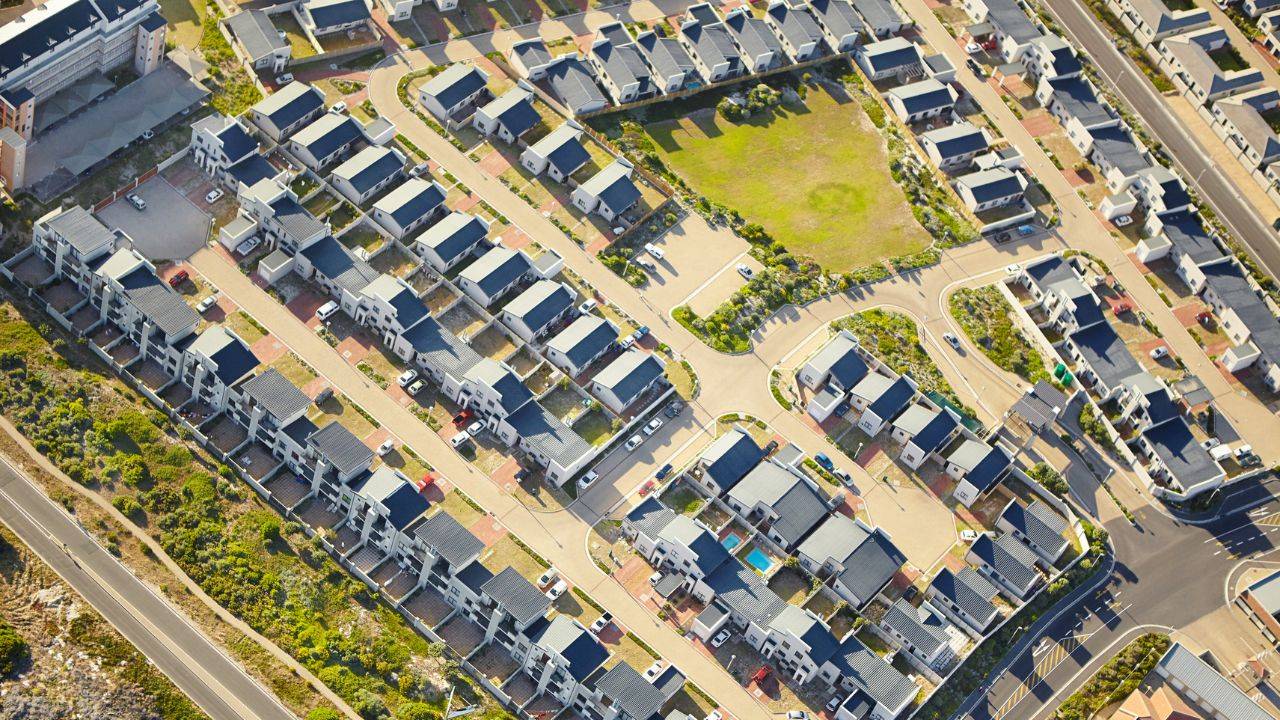C40 Cities is a global organization with 97 member cities all of which are committed to addressing climate change. How? By developing a series of low-carbon urban quarters that compete with each other in innovative ways of eliminating carbon.
According to Daily Design News, these cities together represent a quarter of the global economy.
They’re starting their implementation, a network of the world’s mega cities committed to addressing climate change. The competition said you have to strive for zero carbon. They had to make a carbon assessment including a lifecycle analysis of their projects. Some are better than others.
Hélène Chartier, Head of Zero-Carbon Development, C40 Cities
The contestants all have different and diverse approaches to achieving zero- or low-carbon living.
For example, an urban quarter at Porte de Montreuil in Paris aism to reduce lifestyle carbon emissions through the use of local biomaterials and on-site renewable power.
On the other hand, the Lifandi Landslag project in Reykjavik is conceived as Iceland’s largest timber building, while in Oslo, they aim to reduce up to 90 percent of construction emissions by recycling materials.
The L’INNESTO project in the city of Milan promises to achieve carbon neutrality in 30 years thanks to its low-carbon district heat network.
Development projects like these are important for reducing the carbon footprint of their home cities.
However, more important is the innovative low-carbon building technology that other communes can now adopt as well.
More inspiring green news similar to this:


